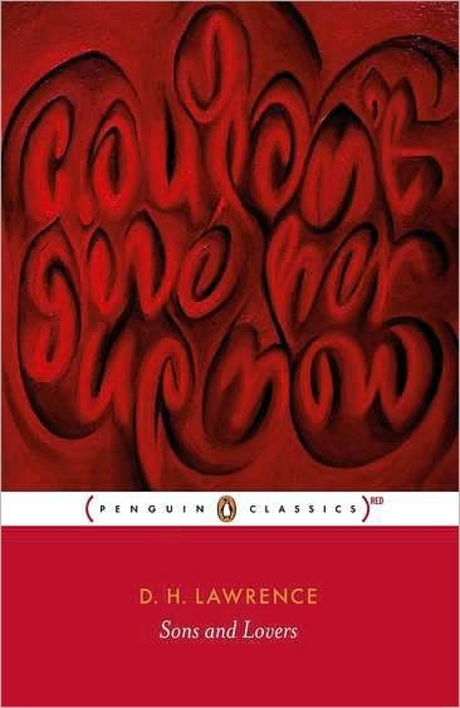서브메뉴
검색
Sons and lovers
Sons and lovers
- 자료유형
- 양서단행본
- ISBN
- 9780141195445
- 언어부호
- 본문언어 - eng
- 청구기호
- 823 L419son
- 저자명
- Lawrence, D. H. , 1885-1930
- 서명/저자
- Sons and lovers / by D.H. Lawrence
- 판사항
- New ed
- 발행사항
- London : Penguin Classics, 2010
- 형태사항
- 484p ; 21cm
- 기타서명
- 아들과 연인
- 가격
- £9.99
- Control Number
- bwcl:85749
- 책소개
-
Many of the earliest books, particularly those dating back to the 1900s and before, are now extremely scarce and increasingly expensive. We are republishing these classic works in affordable, high quality, modern editions, using the original text and artwork.
The third published novel of D. H. Lawrence, taken by many to be his earliest masterpiece, tells the story of Paul Morel, a young man and budding artist. Richard Aldington explains the semi-autobiographical nature of this masterpiece:
When you have experienced Sons and Lovers you have lived through the agonies of the young Lawrence striving to win free from his old life. Generally, it is not only considered as an evocative portrayal of working-class life in a mining community, but also an intense study of family, class and early sexual relationships.
The original 1913 edition was heavily edited by Edward Garnett who removed 80 passages, roughly a tenth of the text. The novel is dedicated to Garnett. Garnett, as the literary advisor to the publishing firm Duckworth, was an important figure in leading Lawrence further into the London literary world during the years 1911 and 1912. It was not until the 1992 Cambridge University Press edition was released that the missing text was restored.
Lawrence began working on the novel in the period of his mothers illness, and often expresses this sense of his mothers wasted life through his female protagonist Gertrude Morel. Letters written around the time of its development clearly demonstrate the admiration he felt for his mother - viewing her as a clever, ironical, delicately moulded woman - and her apparently unfortunate marriage to his coal mining father, a man of sanguine temperament and instability. He believed that his mother had married below her class status. Rather interestingly, Lydia Lawrence wasnt born into the middle-class. This personal family conflict experienced by Lawrence provided him with the impetus for the first half of his novel - in which both William, the older brother, and Paul Morel become increasingly contemptuous of their father - and the subsequent exploration of Paul Morels antagonizing relationships with both his lovers, which are both invariably affected by his allegiance to his mother.
The first draft of Lawrences novel is now lost and was never completed, which seems to be directly due to his mothers illness. He did not return to the novel for three months, at which point it was titled Paul Morel. The penultimate draft of the novel coincided with a remarkable change in Lawrences life, as his health was thrown into tumult and he resigned his teaching job in order to spend time in Germany. This plan was never followed, however, as he met and married the German minor aristocrat, Frieda Weekley. According to Friedas account of their first meeting, she and Lawrence talked about Oedipus and the effects of early childhood on later life within twenty minutes of meeting.
The third draft of Paul Morel was sent to the publishing house Heinemann, which was repulsively responded to by William Heinemann himself. His reaction captures the shock and newness of Lawrences novel, the degradation of the mother [as explored in this novel], supposed to be of gentler birth, is almost inconceivable, and encouraged Lawrence to redraft the novel one more time. In addition to altering the title to a more thematic Sons and Lovers, Heinemanns response had reinvigorated Lawrence into vehemently defending his novel and its themes as a coherent work of art. In order to justify its form Lawrence explains, in letters to Garnett, that it is a great tragedy and a great book, one that mirrors the tragedy of thousands of young men in England.


